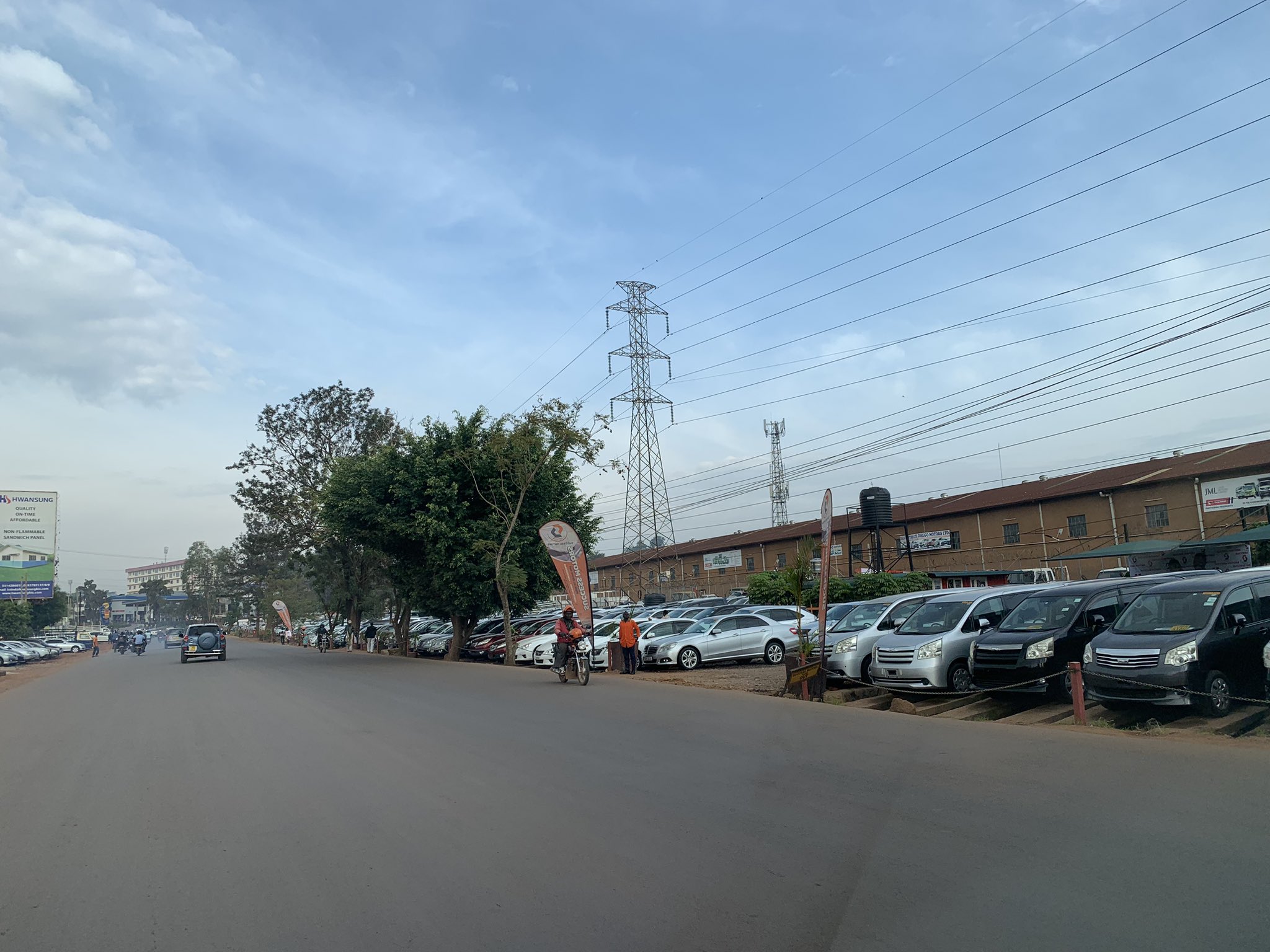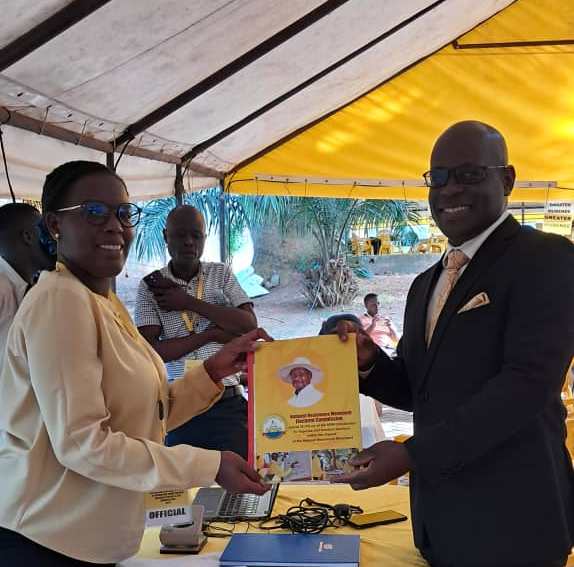Museveni links youth uprisings to Africa’s wealth creation deficit, advocates for Pan-African economic integration
Museveni emphasized the need for African nations to shift from donor-driven policies to homegrown strategies anchored in wealth creation and full participation in the money economy.

President Yoweri Museveni has identified a critical gap in wealth creation strategies and the underutilization of national resources as the root cause of escalating youth uprisings across the African continent. He asserted that embracing Pan-African economic integration is the sole viable route to achieving lasting stability and shared prosperity for the continent.
The President articulated these views while delivering a “Lecture of Opportunity” to 52 senior military officers participating in the Senior Command and Staff Course Grade Two at the Senior Command and Staff College in Kimaka. His address spanned a broad spectrum of critical issues, including youth unrest, patriotism, Pan-Africanism, wealth creation, and the pursuit of sustainable peace, all within the overarching framework of Africa’s socio-economic transformation agenda.
The specialized one-year course has drawn military personnel from Uganda, Rwanda, Burundi, the United Republic of Tanzania, Kenya, South Sudan, and Malawi. The commandant of the college, Brig. Michael Kabango, was also present for the lecture.
A particularly insightful question from a Kenyan female officer, who inquired about what leaders might be overlooking regarding Generation Z that contributes to growing unrest, prompted a detailed response from President Museveni.
In his reply, the President underscored the imperative for African nations to transition away from donor-dependent policies towards self-generated strategies that prioritize wealth creation and active participation in the global monetary economy.
“Africa’s problem is not a lack of resources, but a failure to conceptualize how to use them effectively,” President Museveni stated, highlighting the continent’s untapped potential. He drew upon Uganda’s economic trajectory as an illustration, recalling that at independence, a mere 4% of Ugandans were engaged in the money economy. This figure, he noted, had risen to 32% by 2013 and now stands at an impressive 67%.
“People were not responding. That was the major problem. Now that more people are joining the money economy, they must do so with calculation (ekibaaro). That’s why we advocate for full monetization of the economy,” President Museveni emphasized the importance of strategic economic engagement.
He stressed that the foundation of wealth creation must be laid at the household level, advocating for every family to be actively involved in productive activities. To this end, he identified four key sectors crucial for unlocking Africa’s economic potential: commercial agriculture, manufacturing, services (including tourism and hospitality), and information and communication technology (ICT).
President Museveni cautioned against the continued export of raw materials, arguing that this practice hinders the development of industrial capacity and the creation of meaningful employment opportunities within Africa.
Regarding economic integration, the President argued that the current fragmentation of African markets significantly constrains growth and industrialization. He specifically pointed out that Uganda’s local market is insufficient to support large-scale production, underscoring the necessity of a unified East African and broader Pan-African market.
“Gen Z should not be rioting over local grievances, they should be agitating for East African integration,” the President urged, drawing a direct link between economic unity and enhanced strategic security and long-term prosperity.
In conclusion, President Museveni exhorted African leaders and citizens alike to concentrate on transforming subsistence economies into monetized systems firmly rooted in productivity, innovation, and integration.
“The path to peace and prosperity is through producing and selling a good or service, that is how we will unlock Africa’s potential, create jobs for our youth, and secure lasting peace,” President Museveni asserted, outlining a clear vision for the continent’s future.







